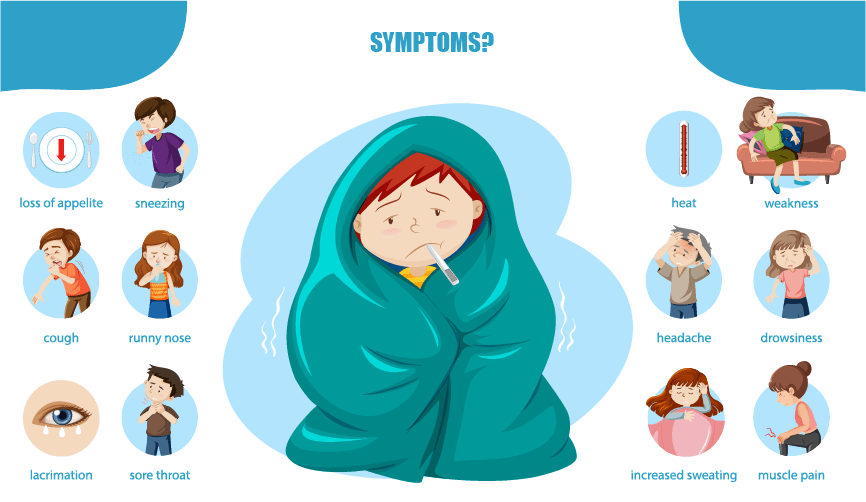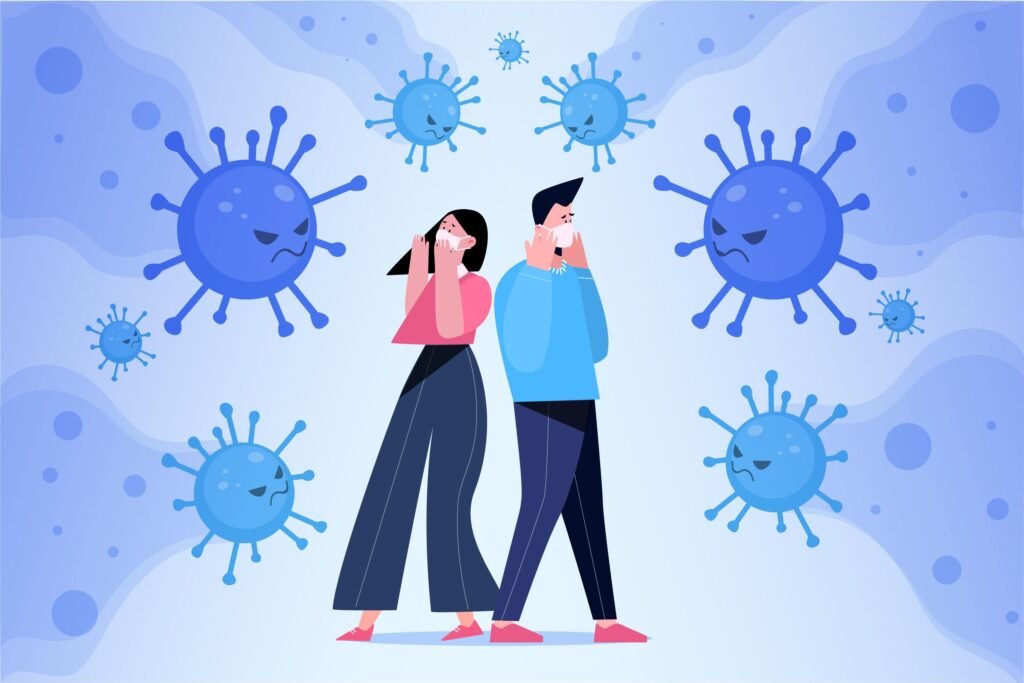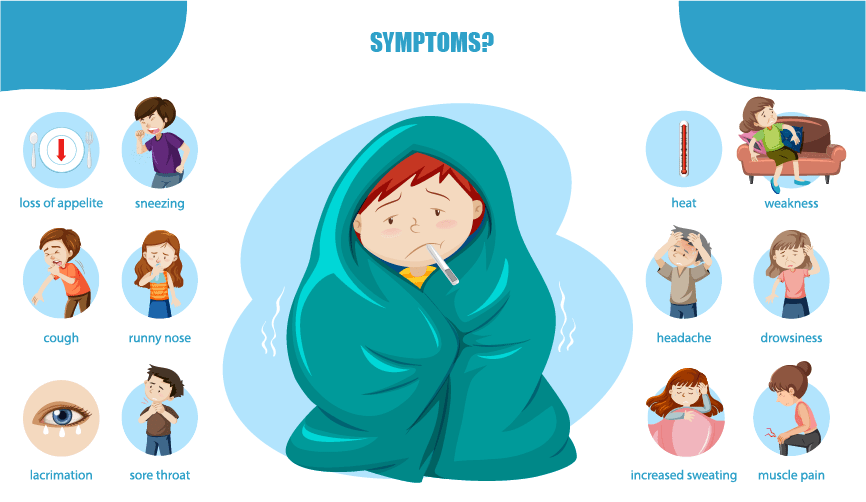The Prevalence of depression in youth and adolescents, Is it common? Let’s see what the reports say. According to the latest data from the National Mental Health Survey of India around 35% of the Indian population is suffering from depression. Most of the affected population are youths of India, the prevalence of depression is not only rising in India, but problems of mental stagnation among youngsters is increasing in large abroad too.
Prevalence of Depression in Youth
It has become a matter of concern in many countries including India.

Depression is a mental health disorder that is characterized by the continuous feeling of sadness, Hopelessness, and a loss of interest and pleasure in any activities followed by an individual used to enjoy. It is the most complex mental illness that can have a serious impact on a person’s life.
While sadness is a normal emotion that every person experiences from time to time, depression is more severe that makes more challenging to carry out everyday activities.
The symptoms of depression include loss of interest, feeling of sadness and emptiness, difficulty in concentration, changes in appetite or sleep schedule and feeling of worthlessness. In extremely severe cases, depression can lead to suicidal thoughts or self-harm.

The causes for the prevalence of depression in youth and adolescents varies from person to person. For instance, one may develop depression due to significant life events, brain chemistry, and social factors.
While the prevalence of depression in youth and adolescents has risen due to academic failures, rise in loss of love life like breakups, concerns of employment or major life incidents. Additionally, physical illness, sexual abuse among adolescents, and hormonal imbalance also contribute to the onset of depression.
Fortunately, there are many effective treatments are available for Depression such as improving lifestyle, following up some Yoga’s and doing meditation, healthy eating, proper medications, and psychotherapy, which can help manage symptoms and also improve all mental health complications.
Although these treatments can work effectively but it takes a lot of time and it is very important to keep patience.
Images: Freepik








